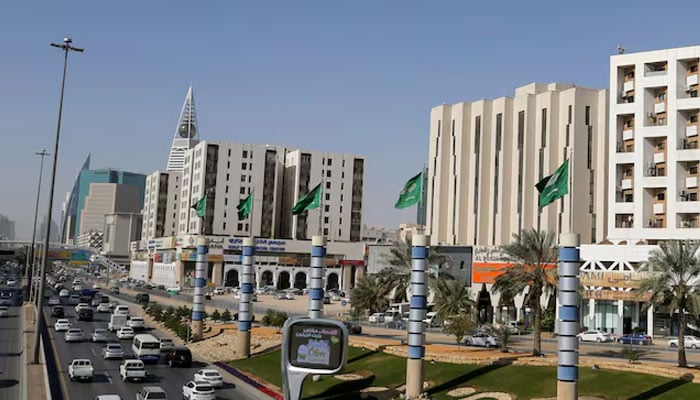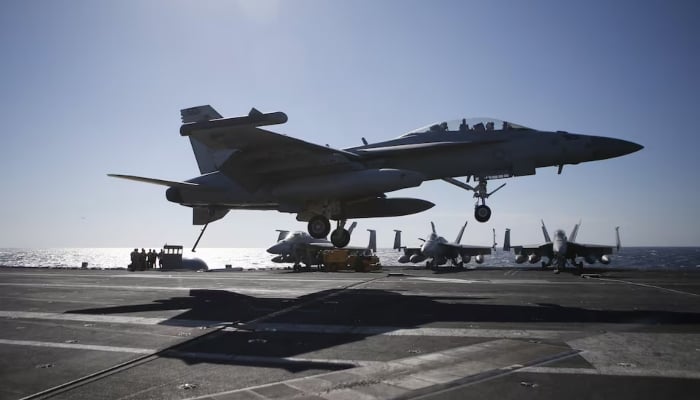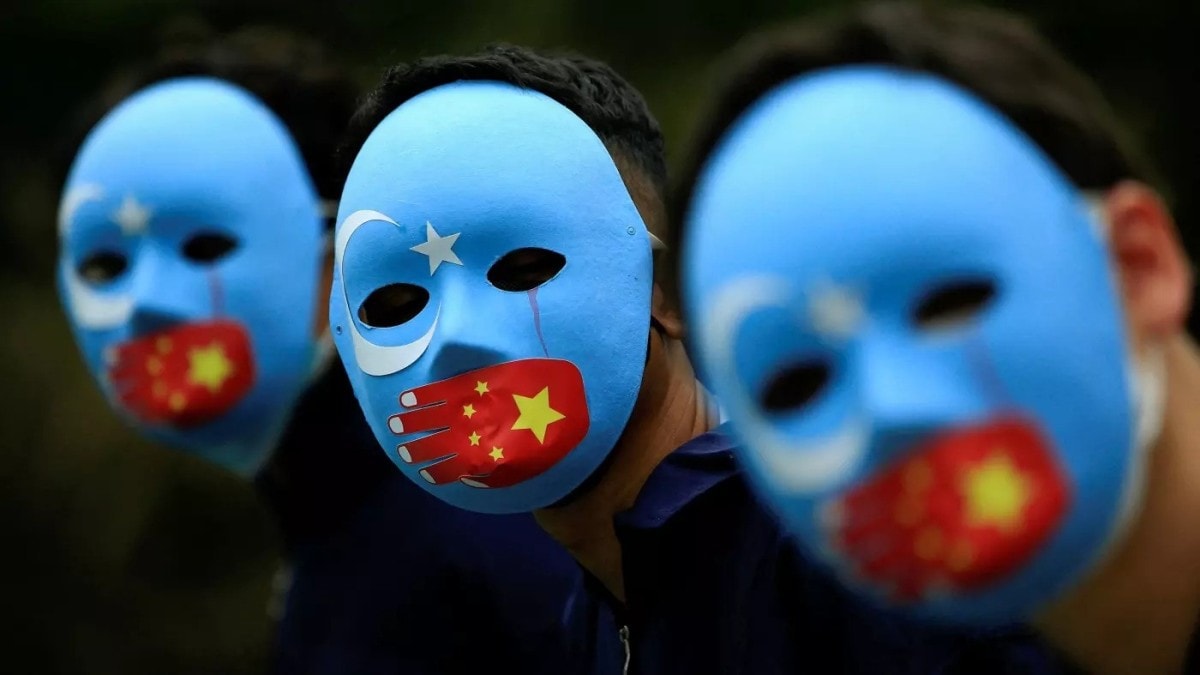
When a sycophant tells a tyrant in a social gathering that he has saved the country from the brink of a total collapse, the sullen swayer triumphantly looks around like a Pharaoh for more flattering voices and his false belief gets emboldened. Nevertheless, the toady hopes to get rewarded sooner than later and the country gets further pushed to the brink. Sadly, such has been the history of Pakistan from the beginning without any reprieve.
The flattery, obsequiousness and hypocrisy has become a way of life and behaving like slaves and acting as door mats is shamelessly practiced as an art to seek illegitimate favours with total disregard to the religious, moral or societal obligations. Such decadency has swerved the state of Pakistan toward the edge of the precipice. Ironically for the extravagance of 0.

01% depraved people, the 99.99 % population of the country continues to suffer on all counts for which a welfare state is formed to deliver. In most parts of the developed world, flattery is considered detestable and snubbed ruthlessly.
All civilized societies thrive on the high moral values nurtured proudly from the cradle to the highest institutions. On the contrary, in the Indian subcontinent prose and poetic servility has historically and traditionally been practiced without any qualms, resulting in the enslavement of this resource rich region for centuries. Unfortunately, even after gaining freedom in 1947, the hexed people have remained enthralled by those rulers who swear allegiance to new and the former colonial masters, agglomerate their corrupted wealth and properties in foreign lands and use it as an escape route cum opulence-filled haven.
Europe’s Selective Outrage What pushes countries to the brink? The cumulative impact of neglect, corruption, and incompetence does. The managerial incapacity and failing to meet popular needs, causes dissatisfaction. If the government avoids necessary choices, practices only defensive politics, and represses the protests with tyranny, the state is likely to implode.
What and when a country drives towards the brink of war? Brinkmanship refers to the risky practice of forcing interactions between two or more parties to the brink of active conflict. It is often applied to international relations but can be used more broadly i.e.
, internal political negotiations, law and order related and even traders, farmers, and labour-related community dialogues, which mostly get volatile due to haughty attitude by the government. Freedom is the power or right to speak, act ,and change as one wants without hindrance or restraint but within the bounds of law; it is impossible to experience freedom in a country kept under perpetual fear by the state institutions roaring on public funds? Mislabeling Edibles According to the Fragile States Index (FSI, formerly the Failed States Index) of the United States think tank Fund for Peace, a fragile state has several attributes. Common indicators include a state whose central government is so weak or ineffective that it has little practical control over much of its territory; non-provision of public services; widespread corruption and criminality; refugees and involuntary movement of populations; and sharp economic decline.
Since 2005, the index has been published annually by the Fund for Peace and the Foreign Policy magazine. The list has been cited by journalists and academics in making broad comparative points about countries or regions. The report uses 12 factors to determine the rating for each nation, including security threats, economic implosion, human rights violations and refugee flows.
Fund For Peace ranks (between 0 and 10) the following factors to determine the overall status of a country on the index: Cohesion (security apparatus, factionalized elites, group grievance), Economic (economic decline and poverty, uneven development, human flight and brain drain), Political (state legitimacy, public services, human rights and rule of law), Social (demographic pressures, refugees and internally displaced persons), Cross-cutting (external intervention). According to FSI-2024, Pakistan stands at number 27 out of 179 countries; just above Uganda at 28 and below Eritrea at 26. Whereas, Somalia, Sudan, South Sudan, Syria, DR Congo, Yemen, Afghanistan and Central Africa Republic precariously appeared at number 1,2,3,4,5,6 and 7 positions respectively.
Four of these countries i.e. Belarus, Lebanon, Sri Lanka, and Venezuela are in actual default.
The eight remaining countries at highest risk are Argentina, Egypt, Ghana, Kenya, Pakistan, Russia, Tunisia, and Ukraine. Violence Continue These statistics and the fate already met by the top fragile states tabulated by FSI should give a shudder to any patriotic and aware Pakistani rather than burying the head in the sand. The country has already been plundered to the hilt and harmed on all the above-mentioned counts beyond any measures and sadly stands at the brink.
‘The delusional governance’ and ‘dangerous denials’ is a reality Pakistan is confronted with and without acknowledgement of the same, we are prone to remain ‘victims of interventionism’. The world is also teetering on the brink of the most devastating military conflict that humanity has ever experienced; in Pakistan, all energies need to focus on overcoming internal fissures and improvement of the socioeconomic profile instead of presenting itself as a house divided to hovering vultures. Saleem Qamar Butt The writer is a retired senior army officer with experience in international relations, military diplomacy and analysis of geo-political and strategic security issues.
Cartoon Tags: at brink.















